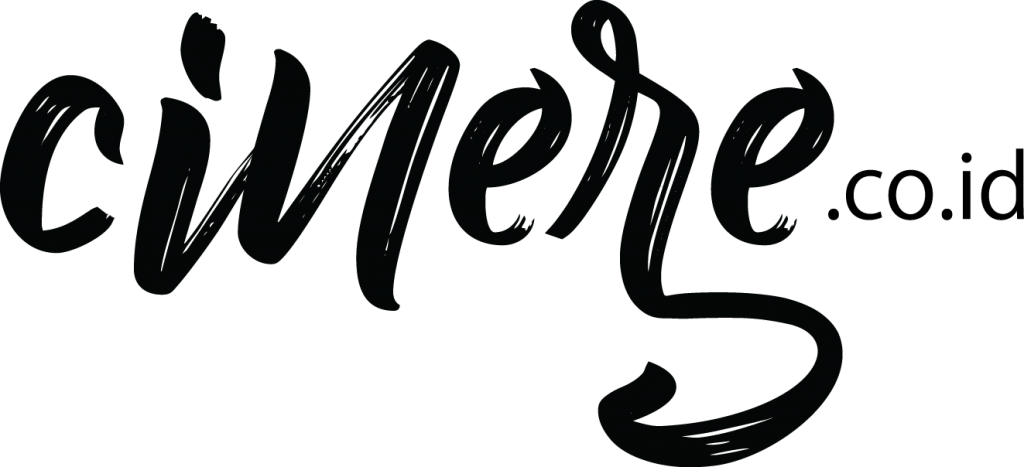In today’s fast-paced business environment, efficient customer relationship management (CRM) is crucial for success. Monday.com, a popular work operating system, offers a robust CRM solution designed to streamline processes, improve customer interactions, and boost overall business performance. This comprehensive guide will explore what Monday CRM is, its benefits, key features, how it compares to other CRM tools, and best practices for implementation. By understanding these aspects, you can make informed decisions to optimize your customer relationship management strategies using Monday CRM.
What is Monday CRM?
Monday CRM is an integrated CRM solution within Monday.com, a versatile project management and work operating system. It is designed to help businesses manage their customer interactions, sales pipelines, and overall customer relationship management efforts in a centralized platform. Monday CRM combines the flexibility and customization capabilities of Monday.com with CRM functionalities, making it a powerful tool for businesses of all sizes.
Benefits of Monday CRM
Implementing Monday CRM provides numerous advantages that can significantly enhance business operations. Here are some key benefits:
- Centralized Customer Data: Monday CRM allows businesses to store all customer information in one place, providing a comprehensive view of customer interactions, sales history, and communication.
- Customization and Flexibility: Monday.com’s highly customizable interface lets businesses tailor the CRM to fit their specific needs, whether it’s managing leads, tracking sales, or enhancing customer service.
- Enhanced Collaboration: With its team collaboration features, Monday CRM enables better communication and coordination among team members, leading to more efficient workflows and improved customer service.
- Sales Pipeline Management: Monday CRM offers tools to manage sales pipelines effectively, helping sales teams track leads, follow-up activities, and close deals more efficiently.
- Automation Capabilities: The platform’s automation features help businesses streamline repetitive tasks, such as sending follow-up emails and updating records, saving time and reducing the risk of human error.
- Integration with Other Tools: Monday CRM integrates seamlessly with various third-party applications, such as email platforms, marketing tools, and customer support systems, creating a cohesive workflow.
- Detailed Reporting and Analytics: Advanced reporting and analytics features provide insights into sales performance, customer behavior, and team productivity, enabling data-driven decision-making.
Key Features of Monday CRM
To maximize the benefits of Monday CRM, it’s essential to understand the key features that this solution offers:
- Lead Management: Capture and track leads efficiently, ensuring that no opportunities are missed. Monitor lead status, assign tasks, and follow up with potential customers to drive conversions.
- Sales Pipeline Tracking: Visualize and manage your sales pipeline with customizable boards and columns. Track the progress of deals, set priorities, and identify bottlenecks to optimize the sales process.
- Contact Management: Store and organize customer information, including contact details, interaction history, and preferences, in a centralized database.
- Activity Tracking: Keep track of all customer interactions, such as calls, emails, meetings, and notes, to ensure a consistent and personalized customer experience.
- Automation Workflows: Automate repetitive tasks, such as sending follow-up emails, assigning tasks, and updating records, to increase efficiency and reduce manual work.
- Customizable Dashboards: Create customizable dashboards to visualize key metrics, such as sales performance, lead conversion rates, and team productivity.
- Email Integration: Integrate with email platforms to manage communication directly from Monday CRM. Track email interactions and sync conversations with customer records.
- Collaboration Tools: Enhance team collaboration with features like @mentions, file sharing, and real-time updates, ensuring that everyone is on the same page.
- Mobile Access: Access Monday CRM on the go with mobile apps, allowing team members to stay connected and productive from anywhere.
- Third-Party Integrations: Connect Monday CRM with other business tools, such as Slack, Zoom, and Google Workspace, to streamline workflows and improve productivity.
Comparing Monday CRM to Other CRM Tools
When choosing a CRM solution, it’s important to compare Monday CRM with other popular options to determine which one best fits your business needs. Here’s how Monday CRM stacks up against other leading CRM tools:
- Salesforce: Salesforce is a comprehensive CRM platform with extensive features and customization options. While Salesforce offers more advanced functionalities, Monday CRM is more user-friendly and cost-effective, making it ideal for small to medium-sized businesses.
- HubSpot CRM: HubSpot CRM is known for its ease of use and free tier. However, Monday CRM offers greater flexibility and customization capabilities, allowing businesses to tailor the CRM to their specific needs.
- Zoho CRM: Zoho CRM provides a wide range of features, including sales automation and marketing tools. Monday CRM stands out with its intuitive interface and seamless integration with other Monday.com features, enhancing team collaboration and project management.
- Microsoft Dynamics 365: Microsoft Dynamics 365 offers robust CRM solutions integrated with other Microsoft products. Monday CRM, on the other hand, provides a more flexible and customizable interface, making it easier for businesses to adapt to their unique workflows.
- Pipedrive: Pipedrive is a sales-focused CRM tool known for its simplicity and pipeline management features. Monday CRM offers similar sales pipeline management capabilities but also includes additional features for team collaboration and project management.
How to Implement Monday CRM
Implementing Monday CRM involves several steps to ensure a smooth transition and successful adoption. Here is a step-by-step guide to help you get started:
- Define Objectives: Clearly define your objectives for implementing Monday CRM. Identify the key goals you want to achieve, such as improving customer relationships, increasing sales, or enhancing data management.
- Assemble a Team: Assemble a team of stakeholders from different departments to oversee the implementation process. This team should include representatives from sales, marketing, customer service, IT, and management.
- Plan the Implementation: Create a detailed implementation plan that outlines the steps, timeline, and resources required. This plan should include data migration, system configuration, and user training.
- Migrate Data: Migrate your existing customer data to Monday CRM. Ensure that the data is clean, accurate, and properly formatted. Utilize Monday.com’s import tools to streamline the process.
- Configure the System: Customize Monday CRM to align with your business processes. Create boards, columns, and automation rules that match your specific requirements.
- Train Users: Provide comprehensive training to your team to ensure they understand how to use Monday CRM effectively. Offer ongoing support and resources to help them adapt to the new system.
- Launch the CRM: Go live with Monday CRM and monitor its performance. Address any issues that arise and gather feedback from users to make necessary adjustments.
- Evaluate and Optimize: Continuously evaluate the performance of Monday CRM and its impact on your business. Use analytics and reporting tools to measure success and identify areas for improvement.
Best Practices for Using Monday CRM
To maximize the effectiveness of Monday CRM, consider the following best practices:
- Regularly Update Data: Ensure that customer data is regularly updated and accurate. This helps maintain the integrity of your CRM system and improves decision-making.
- Utilize Automation: Take advantage of Monday CRM’s automation features to streamline repetitive tasks and increase efficiency. This allows your team to focus on more strategic activities.
- Leverage Analytics: Use the reporting and analytics tools to gain insights into sales performance, customer behavior, and team productivity. Use this data to make informed decisions and optimize your strategies.
- Encourage Collaboration: Promote collaboration among team members by utilizing Monday CRM’s communication and file-sharing features. This ensures that everyone is aligned and working towards common goals.
- Customize for Your Needs: Tailor Monday CRM to fit your specific business processes and workflows. Customize boards, columns, and automation rules to create a system that works best for your team.
- Provide Ongoing Training: Continuously train your team on new features and best practices to ensure they are making the most of Monday CRM. Offer resources and support to help them stay up-to-date.
- Integrate with Other Tools: Integrate Monday CRM with other business tools to create a seamless workflow. This enhances productivity and ensures that all your systems are working together efficiently.
Conclusion
Monday CRM is a powerful tool that can transform the way businesses manage customer relationships, streamline operations, and drive growth. By understanding its benefits, key features, and how it compares to other CRM tools, businesses can make informed decisions when choosing and implementing a CRM solution. With the right approach, Monday CRM can help businesses enhance customer satisfaction, increase sales, and achieve long-term success.
In today’s competitive business environment, investing in a robust CRM tool like Monday CRM is not just an option—it’s a necessity. Take the time to evaluate your business needs, explore different options, and implement a CRM solution that will help you build stronger relationships with your customers and achieve your business goals.

